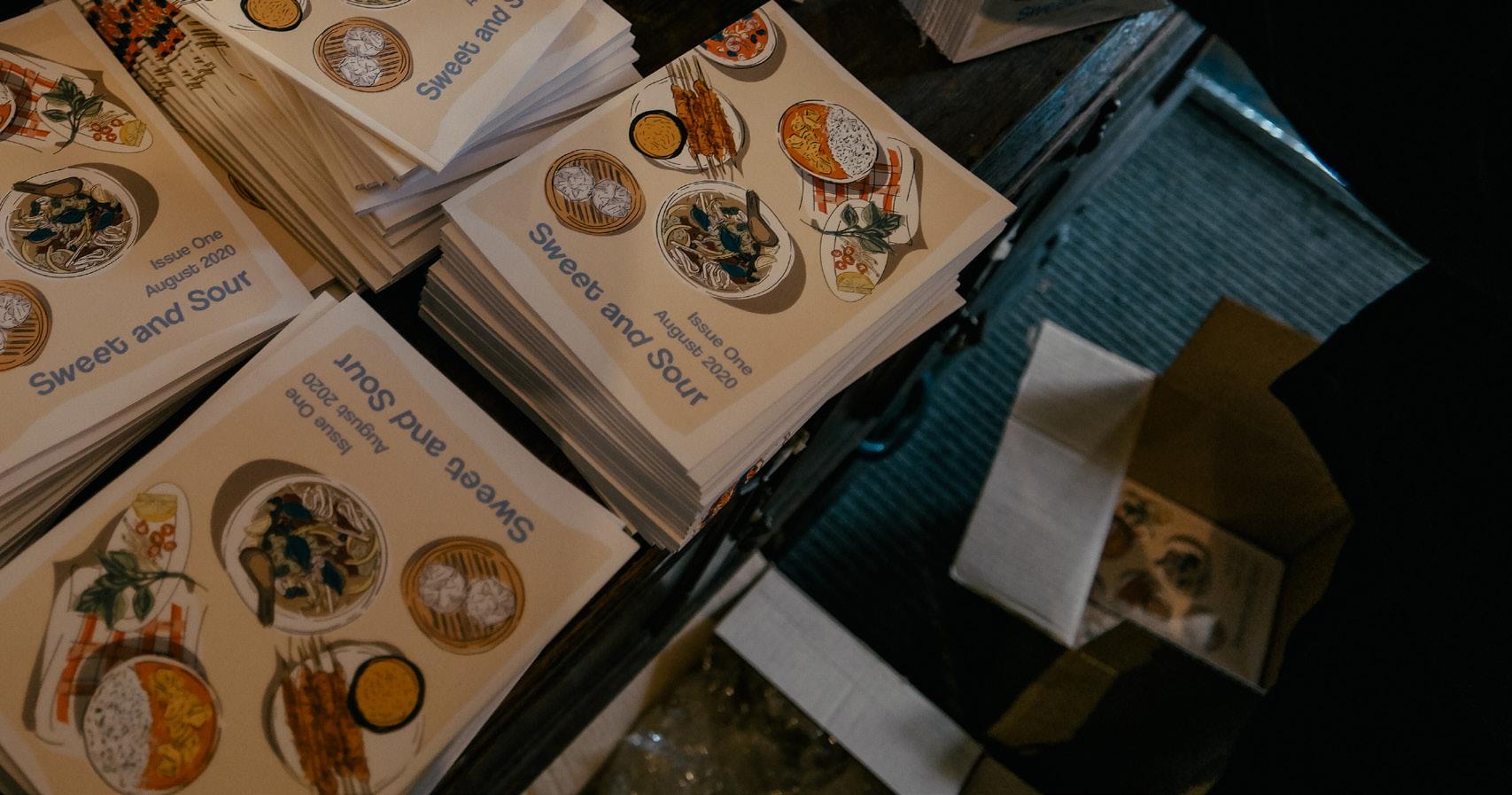6.
From the Archives: 25th Feb 1985
How Does Woroni Get Made? By A Anderson
Editor’s Note: I selected this piece from the Woroni archives because it struck me how pertinent the points made in 1985 are still today in 2020. While some things have changed— Woroni is no longer controlled by ANUSA and no longer restricted by the regulations below— many others haven’t. We still have a duty to raise the consciousnesses of our readers and contributors. We still reject the promotion of racism, sexism and all kinds of discrimination. We still publish pieces that “many readers just wish weren’t there.” It seems student media has barely changed on that front. The idea of 4500-odd people controlling a newspaper is as relevant as it ever was. ANU students have more power over Woroni’s content than most realise. We are student run, student funded and student consumed. If students want solely aardvark-related content, Woroni will source it, but it is also up to them to submit it. Our voices are only what we make them.
Here you are reading a paper, where did it come from? Like many other fun things, it didn’t just
happen, it was produced, and thus as always with people working, and resources, there are questions of control and conflict. This paper is not sold for its owners’ profit like other papers, it’s free because it’s funded by the Students’ Association which controls it. How do 4500-odd people control a newspaper? How can YOU (if you’re undergraduate and ticked the box when enrolling — and you can still tick the box now if you missed out or can’t remember — just ask at the SA) not only involve yourself but exercise control? That’s the story of this article. If you were here last year, remember the Publications Committee? This is what happened at the final SA General Meeting. There are three things: the Students’ Association (SA), the Editors of Woroni, and the SA’s Publications Regulations. The Regulations spell out how Woroni is controlled. Basically, the SA hands over control to the Editors, by way of a once-ayear election. If you want to contribute articles on aardvarks, you vote for the editors who look like they might print them.























